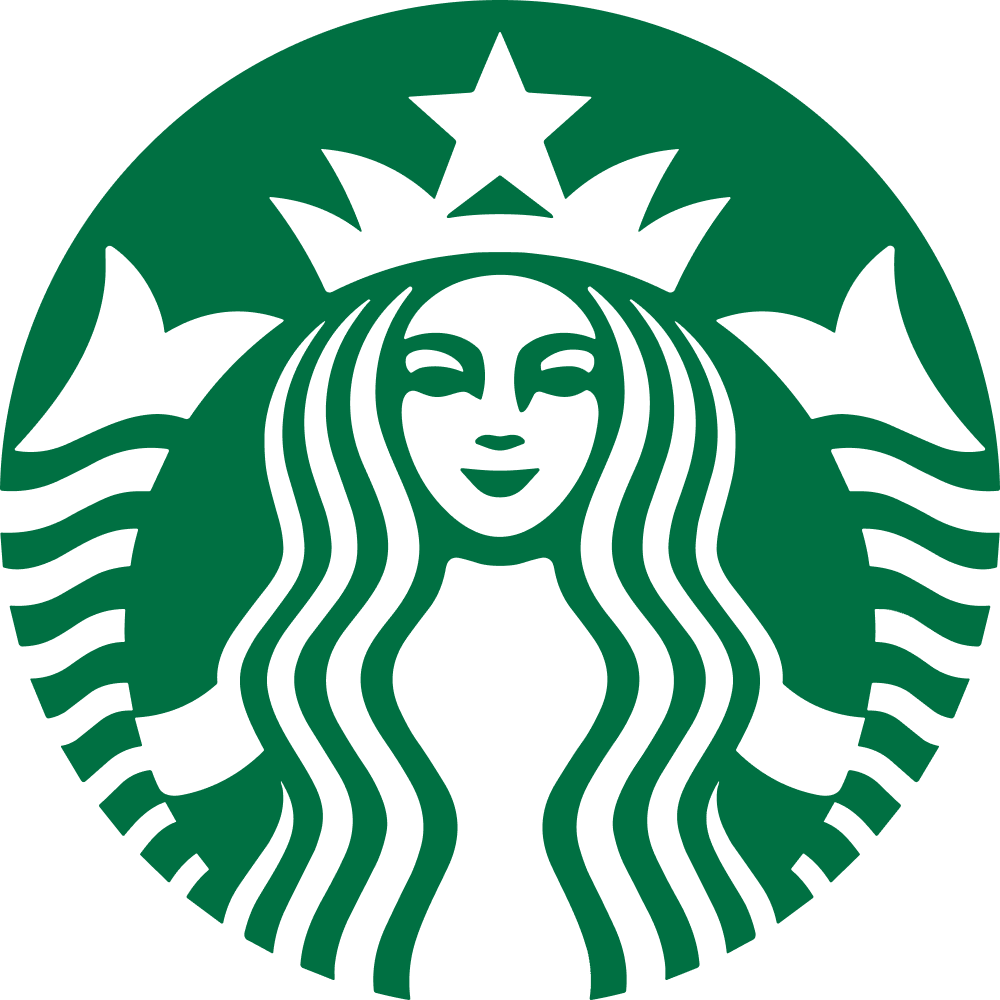Advertisement|Remove ads.
Meta’s Antitrust Trial Over Instagram, WhatsApp Acquisition To Begin Today: Chief Legal Officer Says FTC’s Case ‘Ignores Reality’

An antitrust trial seeking to unwind the acquisition of WhatsApp and Instagram by Mark Zuckerberg-led Meta Platforms Inc. (META) is all set to begin on Monday.
The U.S. Federal Trade Commission (FTC) said in its lawsuit that the Facebook-parent sought to gain a social media monopoly by acquiring WhatsApp and Instagram.
The social media giant acquired Instagram in 2012 for $1 billion and WhatsApp in a highly competitive bid in 2014 for a whopping $19 billion, beating Alphabet Inc.’s Google to the punch.
The lawsuit attempts to unwind the deal, forcing Meta to restructure or sell parts of its business, threatening its ownership of WhatsApp and Instagram.
This comes after Meta’s overtures to President Donald Trump, including a $1 million donation toward his inauguration and Zuckerberg’s multiple visits to the White House.
Meta’s chief legal officer, Jennifer Newstead, strongly criticized the FTC’s antitrust lawsuit, calling it a “weak case” that “ignores reality.”
“In order to try to win this case, the FTC is alleging that our only competitors are Snapchat and an app called MeWe,” she said, adding that the lawsuit will reveal that Instagram’s competition is TikTok, YouTube, X (formerly Twitter), and other apps.
However, the FTC argues that while Instagram is used to share content with friends and family, that is not the function of rival apps like TikTok, YouTube, and X, among others
Newstead also pointed to the Trump administration’s attempts to “save” TikTok, calling the attempts to break up Meta.
According to a Reuters report, nearly half of Meta’s U.S. advertising revenue is estimated to come from Instagram.
The social media giant argues that the FTC would have to prove that Meta has a dominant share and that its acquisitions of WhatsApp and Instagram have hurt the competition and consumers.
Meta’s stock was up 0.6% during Monday’s morning trade.
For updates and corrections, email newsroom[at]stocktwits[dot]com.
Also See: Pfizer Ends Development Of Weight Loss Pill Due To Potential Drug-Induced Liver Injury In A Patient












/filters:format(webp)https://news.stocktwits-cdn.com/large_Getty_Images_2263454468_jpg_23f4595a31.webp)
/filters:format(webp)https://news.stocktwits-cdn.com/Anushka_Basu_make_me_smile_in_the_picture_b92832aa_af59_4141_aacc_4180d2241ba8_1_2_png_1086e0ed8c.webp)
/filters:format(webp)https://news.stocktwits-cdn.com/large_Getty_Images_2264020227_jpg_4d7420bef3.webp)
/filters:format(webp)https://news.stocktwits-cdn.com/large_Getty_Images_2259210190_jpg_d48bbe3269.webp)
/filters:format(webp)https://news.stocktwits-cdn.com/large_Getty_Images_1396534113_jpg_b0e09f299b.webp)
/filters:format(webp)https://news.stocktwits-cdn.com/large_Jane_Street_3ac3fb6443.webp)
/filters:format(webp)https://news.stocktwits-cdn.com/large_Truth_social_5bfbc7389b.webp)